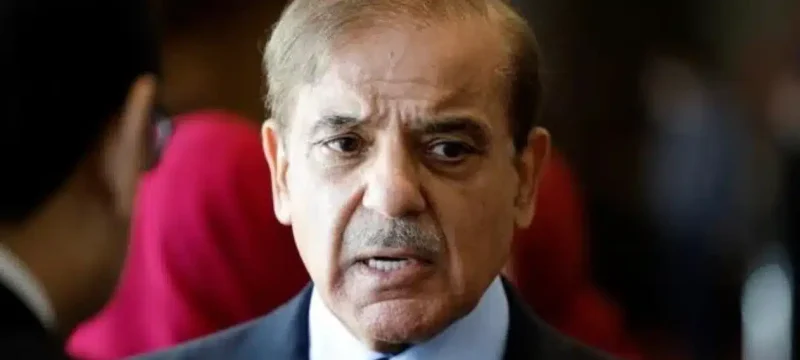There are indications that general elections in Pakistan will be held in November, three months after the dissolution of the National Assembly, as Prime Minister Shehbaz Sharif has hinted at handing over power to the caretaker government next month, before the completion of the assembly’s tenure. The constitutional term of the current National Assembly is set to end on August 12, midnight.
Read More: PM Shehbaz promises to hold elections on time
According to the law, if the elected house completes its five-year constitutional tenure, general elections are held within 60 days. However, in the case of early dissolution, elections are conducted within 90 days. In this scenario, the National Assembly’s dissolution would occur next month, paving the way for elections in November.
During a laptop distribution ceremony at the Government College Women’s University in Sialkot, Prime Minister Shehbaz Sharif expressed his intention to leave office before the completion of his tenure, making way for an interim government. He also mentioned the potential return of Nawaz Sharif to the electoral arena and promised that, if re-elected, Nawaz Sharif would make Pakistan great, emphasizing their track record of progress and development.
PM Shehbaz urged the public to evaluate the performance of the Pakistan Muslim League-Nawaz (PML-N) compared to what he called the “four-year saga of destruction.” He stated that the PML-N would respect the people’s verdict in the upcoming polls. He also criticized Imran Khan and the Pakistan Tehreek-e-Insaf (PTI), accusing them of victimizing political rivals and highlighting alleged corruption scandals during the PTI’s tenure.
The prime minister called out the judiciary for what he claimed was a pro-Imran bias. He pointed out disparities between the treatment of Nawaz Sharif and Imran Khan in legal cases and accused the PTI government of unleashing vengeance on the opposition and civil servants.
PM Shehbaz attributed the recent reduction in petroleum prices to the agreement signed with the International Monetary Fund (IMF), which strengthened the rupee against the dollar and made oil purchases cheaper. He stated that the government passed on this benefit to the people by lowering the prices of petroleum products.
In a separate meeting, Minister for Railways and Aviation Saad Rafique updated PM Shehbaz on the progress of outsourcing airports and reforms within Pakistan International Airlines (PIA). They also discussed the ongoing cooperation between Pakistan and China regarding restructuring the National Aviation Policy and the ML-1 railways project.
With Prime Minister Shehbaz Sharif indicating an early exit and the dissolution of the National Assembly, it is likely that general elections in Pakistan will be held in November. The upcoming elections will be closely watched, and the political landscape will undoubtedly undergo significant changes as different parties vie for power.









